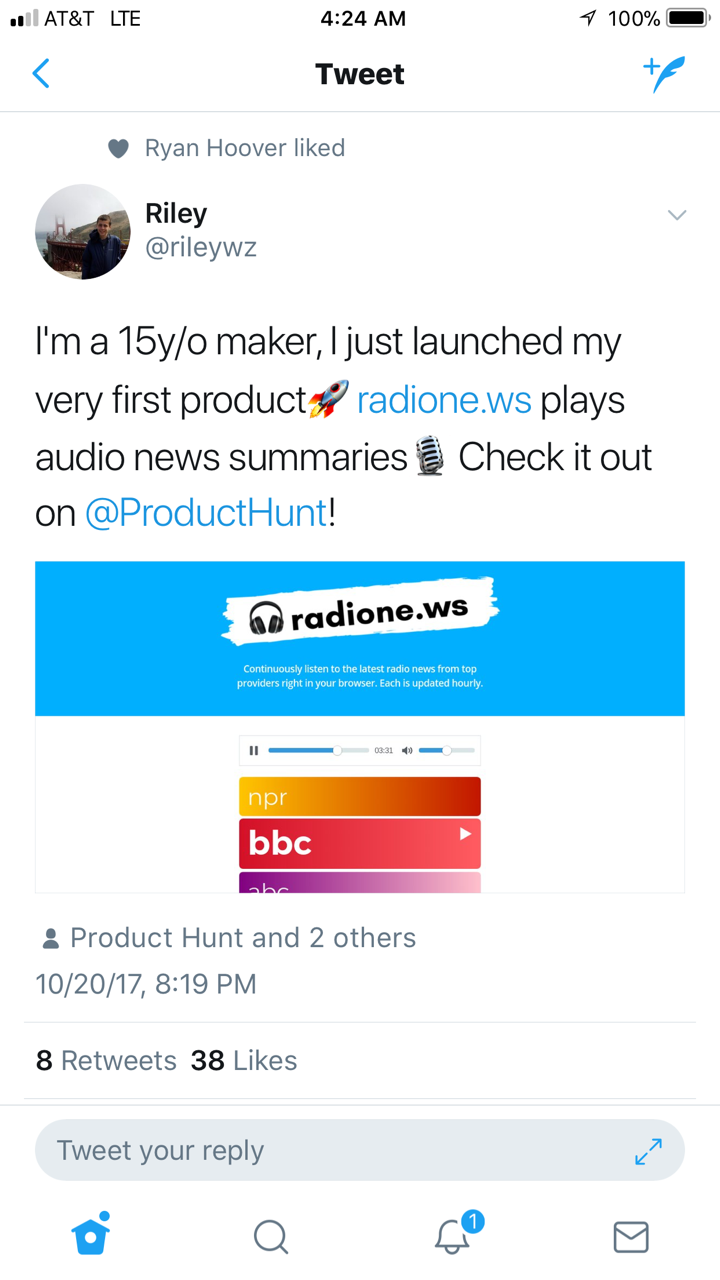GoDaddy Applies Valuation Estimates to Your Domain Portfolio
Quick Summary of Contents
Upon receiving an email about needing to update my payment information, I logged into the respective GoDaddy account.
Without one issue, I updated my payment information to ensure my venture’s handful of prized domains were kept safe for a few more years.
Although I don’t log in to this specific GoDaddy account often, I took the time to perform an annual review, to say the least.
The normal GoDaddy experience was until I arrived at the Domains Manager page, also known as the My Domains page.
At this point, I encountered a different user experience than I was accustomed to.
This account displayed domains using the ‘Simple List View’ rather than the ‘Advanced List View’ I often use.
Then I spotted new information in the ‘Simple List View’ that I hadn’t known existed in the ‘Advance List View’: Estimated Value.
And to be sure, I logged into a few of my customer accounts to verify and validate that Estimated Value existed in their accounts as well, and it did!
Estimated Value in and of itself is not new at GoDaddy, especially after GoDaddy Aftermarket added valuations to expired domains.
But to discover estimated values for domains I own within the My Domains page was surprising, especially since it was not included in both user experience views.
I likely would not have known about it if I had never logged into this specific GoDaddy account.
So, have you checked your domain values yet? Although I wouldn’t consider selling current domains in this account, GoDaddy adding estimated values are intriguing to say the least.
Upon further inspection of the Estimated Value help icon, GoDaddy states:
GoDaddy estimates the true value of each domain by looking at millions of historical domain name sales. However, sellers may ask for a price above or below this estimated value.
When clicking the ‘Disclaimer’ link with the Estimated Value help description, GoDaddy elaborates a bite more stating:
The Estimated Value is based on an algorithm utilizing data GoDaddy has available to it to help estimate predicted sale price of domains. However, we do not make any guarantee or other promises to any results that may be obtained from your purchase or sale of any domain, and the is not intended as a solicitation or offer to buy any domain. It is your responsibility to independently assess and determine the value of any domain you may purchase or sell. We shall not be liable for any losses you or anyone else suffers as a result of relying on the Estimated Value, which includes not being liable for any loss of profit, loss of bargain, loss of capital through over-payment or under-sale or for any indirect, special or consequential loss.
Although GoDaddy gives a thought-out description and disclaimer, I wonder how a buying customer is likely to attempt to loosely use Estimated Value to tip or leverage negotiation power in their favor.
It doesn’t make it right or fair, but it’s something to think about and consider.
Too, buyers attempting to purchase domains using Estimated Value is likely happening today, whether it’s a buyer using GoDaddy Aftermarket domain valuations or comparing Estimated Value of similar domains in their existing domain portfolio.
Closing Thoughts
You may or may not already know about this new finding. Nevertheless, I wanted to share my latest GoDaddy Easter egg moment.
Now, I’ll be happy if GoDaddy would only fix their investor app by disabling notifications upon app closure.
Okay, I’ll admit… maybe not long, but at least a few minutes or until the next Easter egg surfaces. 🤣

















